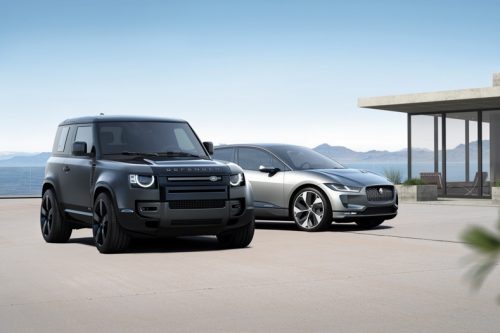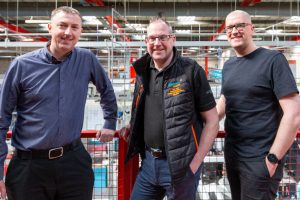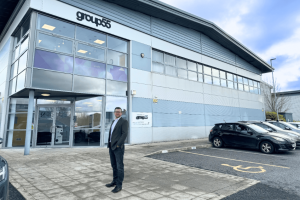Jaguar Land Rover narrows losses but chip shortage continues to short circuit turnaround

Jaguar Land Rover (JLR) reported a further loss of £9m for its third quarter, and says it expects the microchip shortage which is affecting output to continue well for the rest of 2022.
Despite this, third quarter revenues jumped by 22% against the previous quarter to £4.7bn. However, accumulated losses are now running at some £421m for the first three quarters of the year.
The manufacturer, which operates production plants at Halewood in Merseyside and Solihull and Castle Bromwich in the West Midlands, also revealed it hit a new record for orders of approximately 155,000 units, up around 30,000, reflecting strong demand for the Solihull-built New Range Rover.
LR said it achieved a third quarter EBIT margin of 1.4% and free cash flow £164m, due to improvements in wholesales, mix and cost efficiency, although it made a pre-tax loss of £9m, albeit a considerable reduction on the second quarter pre-tax loss of £302m.
Wholesales are the finished cars JLR sells as a business, while retails are vehicles customers buy from retailers.
While production and sales remain constrained by the ongoing computer chip shortage, the company says it continues to see strong demand for its products.
Wholesales to dealers in Q3 were 69,182 units, up 8% on Q2 FY22 with production volumes up 41% to 72,184 units.
The mix of electrified retail sales increased to 69% in quarter three compared with 53% a year ago.
Adrian Mardell, JLR’s chief financial officer, said: “It was encouraging to see a positive EBIT margin and cashflow, despite chip supply constraining wholesales to 69,000 units in the quarter.
“It demonstrates the progress we’ve made in reducing the breakeven point in the business through mix optimisation and cost efficiencies so we will be well placed as supply and sales volumes improve.”
The manufacturer said the semiconductor shortage is expected to continue through 2022 but then gradually improve as capacity in the supply base increases.
JLR is also working with first-tier suppliers and directly with the chip manufacturers to secure supply longer term.
With this gradual expected improvement, JLR expects Q4 profits to improve from Q3 with positive cashflow.
Thierry Bolloré, JLR chief executive, said: “Whilst semiconductor supplies have continued to constrain sales this quarter, we continue to see very strong demand for our products underlining the desirability of our vehicles.
“The global order book is at record levels and has grown an incredible 30,000 units for the New Range Rover before deliveries even start this quarter.”








